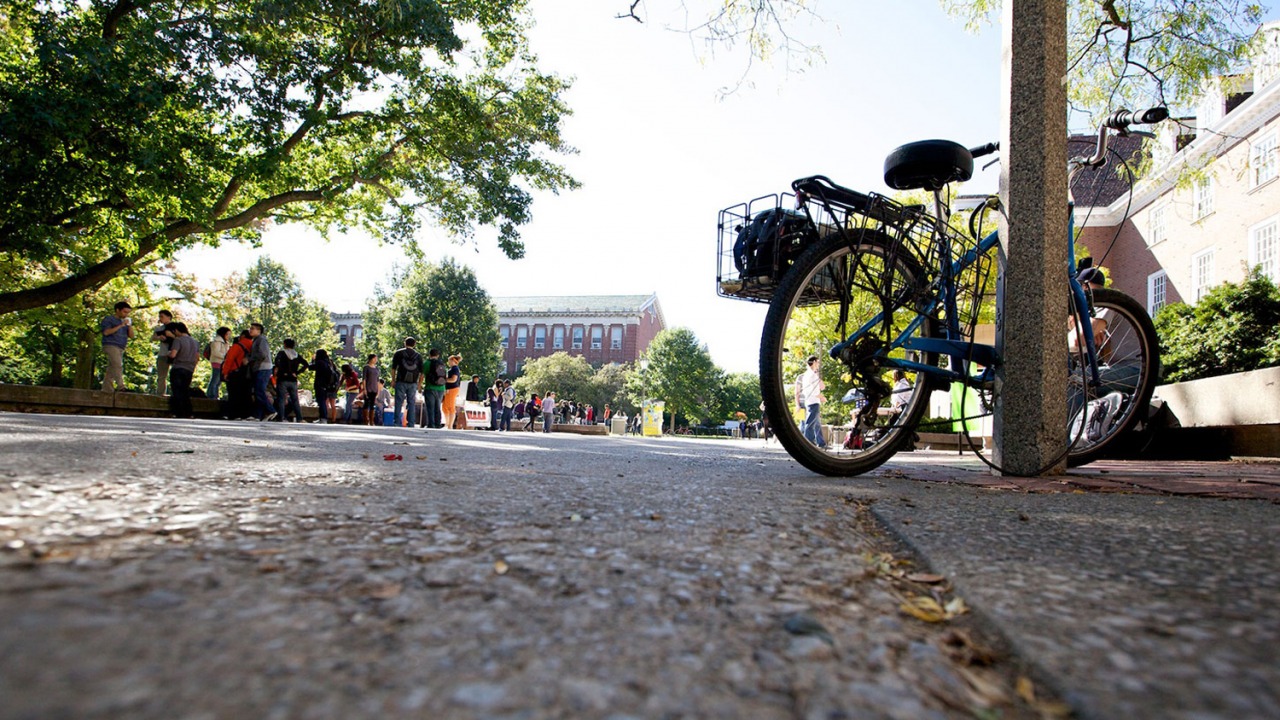Three Universities, Three Student Groups, and Three Unconstitutional Speech Policies

University campuses may be slowing down as students leave for the holidays, but universities across the country are keeping Alliance Defending Freedom busy.
Why? Because many public colleges and university have unconstitutional speech codes and speech policies in place that silence the speech of some students and student groups. The ADF Center for Academic Freedom is committed to challenging these policies and promoting a respect for student rights on campus.
You need only take a look at three recent examples to grasp how widespread this problem is (and this is only a small fraction of the issues the Center for Academic Freedom has dealt with this year):
University of North Carolina Pembroke (UNCP)
The Young Americans for Liberty (YAL) chapter at UNCP hosted a free-speech event on campus to recruit other students to join their group. During the event, they encouraged students passing by to write messages supporting free speech on a large beach ball, and they talked to students about YAL.
However, they found out before the event that university policies requires them to hold such events in two small “speech zones” on campus. And if the event is geared toward recruiting members, it must be approved by university officials. YAL moved forward with the event, but also reached out to ADF to correct these unconstitutional policies. In response to an ADF letter, UNCP officials stated they would not be enforcing the policy against students and are reviewing the policies to uphold their obligation to respect students’ free speech rights under the First Amendment. In the meantime, students are now free to engage in first amendment activities in all publically accessible areas of campus without fear of punishment.
University of Virginia (UVA)
The Young Americans for Freedom (YAF) chapter at UVA applied to receive recognition on grounds as an official student group. However, their application was denied because of YAF’s requirement that official members and leaders share the conservative principles that the group exists to foster and promote. UVA officials claimed that this requirement “discriminates” based on political views.
But under the UVA policy, a pro-choice club could deny membership or leadership positions to pro-life students, for example. And the policy specifically exempts some single-sex groups (like a cappella groups). Yet, under the current policy as it was applied to YAF, religious and political student groups are specifically barred from defining their group around shared beliefs.
The ADF Center for Academic Freedom sent a letter to UVA explaining that UVA’s action not only violates the First Amendment, it also violates a Virginia law specifically protecting religious and political student groups.
Arkansas State University (ASU)
Students affiliated with Turning Point USA (TPUSA) set up a table outside of the ASU student union to recruit others walking by to join TPUSA. However, shortly after setting up, a university official approached them and informed them that they were violating the university’s “speech zone” policy. They were told if they did not leave, they could be punished or even arrested.
The ASU speech zone makes up about one percent of campus, and it is only open from 8:00 am to 9:00 pm Monday through Friday. And if students wish to speak outside this zone, they must request permission to do so 72 hours in advance. That’s a violation of these students First Amendment rights, and Alliance Defending Freedom filed a lawsuit against ASU last week.